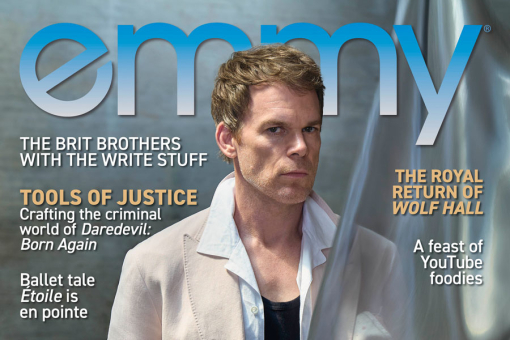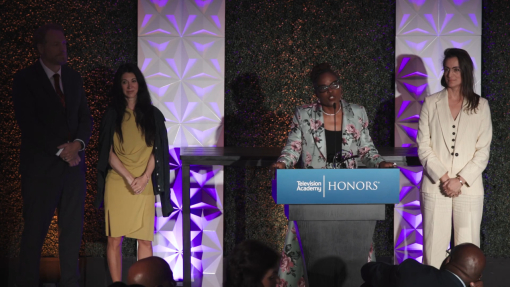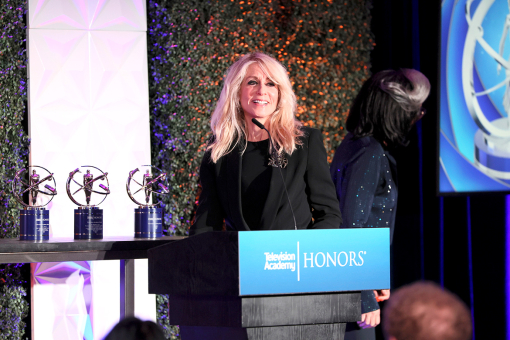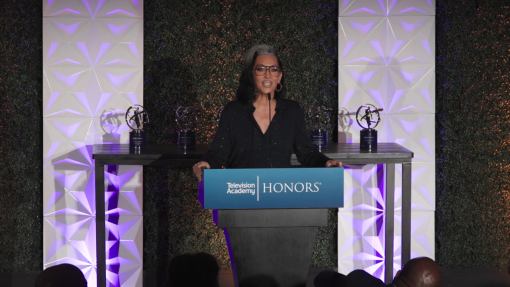 I've always been drawn to content that has something to say about the world. It’s what I love so much about Norman Lear’s work, as I shared in this column a few months ago, and it’s why I got into the television business.
I've always been drawn to content that has something to say about the world. It’s what I love so much about Norman Lear’s work, as I shared in this column a few months ago, and it’s why I got into the television business.
It’s also why I believe the Television Academy Honors is so important. Established in 2008, these awards salute programming that not only achieves high-water marks for artistic excellence but does so in service of storytelling that tackles urgent social issues to create meaningful impact. They exemplify, in other words, “television with a conscience.”
This year’s honorees, which were celebrated on May 28, are six titles that collectively demonstrate the breadth and depth of what TV can address. The documentaries Daughters, Independent Lens: Greener Pastures, We Will Dance Again and Will & Harper make intimate and personal such experiences as families dealing with incarceration, the mental health of American farmers, the October 7 terror attack on Israel’s Nova Music Festival and supporting a friend through gender transition. Meanwhile, the historical drama Genius: MLK/X puts the spotlight on two power couples of the Civil Rights Movement, while the movie Out of My Mind shows young audiences the power and potential of a girl living with cerebral palsy. I am grateful to the selection committee, cochaired by governors Scott Freeman (Reality Programming peer group) and Bobbi Banks (Sound peer group), for their labor of love in identifying these worthy programs.
As with every year, the honorees are a mix of unscripted and scripted titles, a fact I like to point out because it’s not just overt “message” programming that can make an impact. I’ve always believed that social commentary is a part of every piece of content — whether the creator telegraphs that message front and center or not. So-called “entertainment first” content is just as capable of fueling social change — look at how shows like Queer as Folk (whose 25th anniversary gets the oral-history treatment in these pages), Will & Grace and Ellen helped society make massive shifts in normalizing and embracing the existence of gay and lesbian people in mainstream culture and everyday life.
As LGBTQ people and other marginalized communities face rollbacks of progress across multiple fronts, the stories we tell that restore humanity and empathy have never been more necessary. It’s clear just how much work still lies ahead, but when we lead with our conscience, I know we can rise to this critical occasion.
This chair letter originally appeared in emmy magazine, issue #7, 2025.










